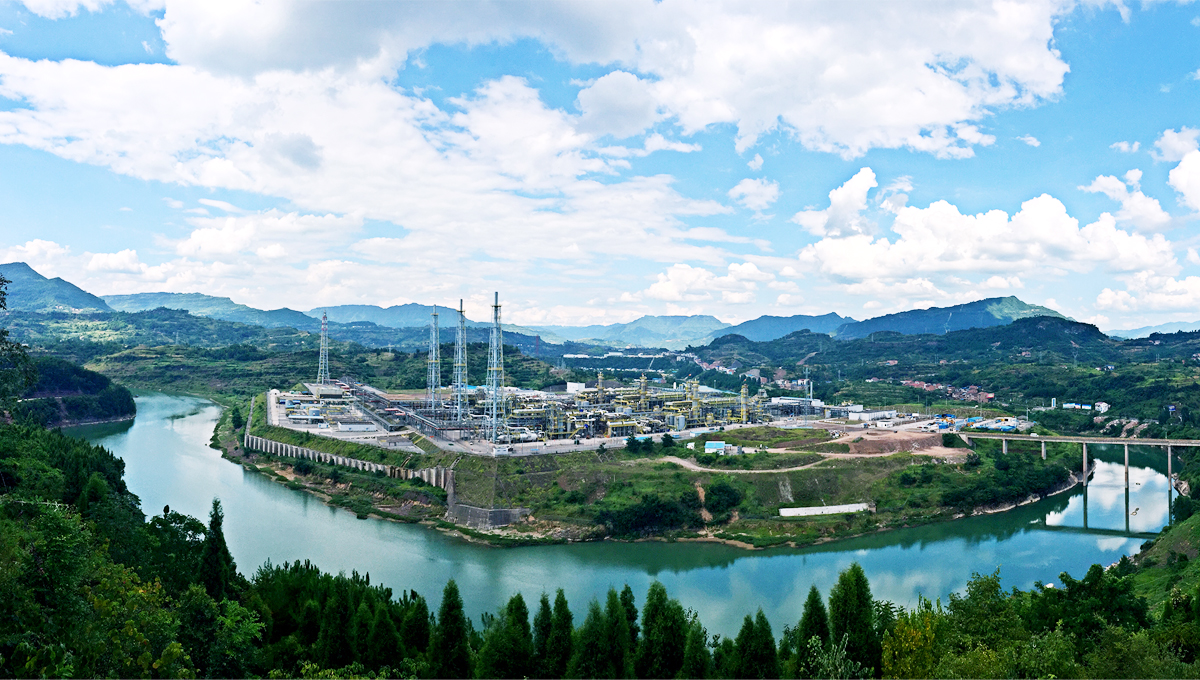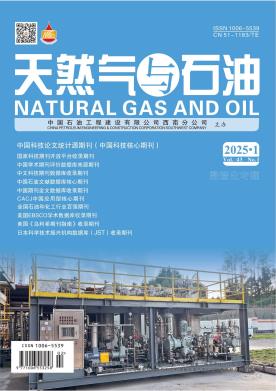全球CCUS废弃井法规现状及其对中国的启示
Global Status of Well Abandonment Regulations Related to CCUS Projects and Its Implications to China
浏览(1669) 下载(7)
- 引用格式:
-
匡冬琴,李琦,陈征澳,刘兰翠.全球CCUS废弃井法规现状及其对中国的启示[J].天然气与石油,2015,33(4):0.doi:
Kuang Dongqin, Li Qi, Chen Zhengao, Liu Lancui.Global Status of Well Abandonment Regulations Related to CCUS Projects and Its Implications to China[J].Natural Gas and Oil,2015,33(4):0.doi:
- DOI:
- 作者:
- 匡冬琴1 李 琦1 陈征澳1 刘兰翠2
Kuang Dongqin, Li Qi, Chen Zhengao, Liu Lancui
- 作者单位:
- 1.中国科学院武汉岩土力学研究所 岩土力学与工程国家重点实验室,2.环境保护部环境规划院 气候变化与环境政策研究中心
1.State Key Laboratory of Geomechanics and Geotechnical Engineering, Institute of Rock and Soil Mechanics, Chinese Academy of Sciences; 2.Center for Climate and Environmental Policy, Chinese Academy for Environmental Planning, Ministry of Environment Protection
- 关键词:
- CCUS;地质封存;废弃井;法规;井筒
CCUS; Geological storage; Well abandonment; Laws and regulations; Wellbore
- 摘要:
- 近年,CO2地质利用与封存技术(CCUS)逐渐成熟,相关工程项目逐渐增多,但世界范围内针对该技术的法律法规的制定尚处于摸索阶段,仅有少数几个发达国家,如荷兰、美国、加拿大和挪威等出台了相关法规。CCUS技术对于中国实现CO2减排将发挥重要作用。目前中国CCUS工程项目审批还处于“个案专办”的状态,阻碍其规模化发展。归纳总结和对比国内外公开发表的CO2废弃井相关法规或指令,包括封堵塞方案和检验方法的选定等,为以后CCUS工程项目的废弃井作业提供依据和指导,也为中国CO2地质封存或CO2利用环境下废弃井法规的制定提供参考。
In recent years, carbon capture utilization and storage (CCUS) technology becomes mature gradually, and relative projects, such as CO2-EOR, grow in number or quantity continuously. However, CCUS legal and regulatory frameworks are still in an exploratory stage throughout the world. Only a few of developed countries, such as the United States, Canada and Norway, have formulated laws or regulations associated with CCUS technology. CCUS technology will play a very important role in CO2 emission reduction in China. But up to now, there is no concrete legal framework for regulating a large-scale CCUS deployment in China, which results in CCUS projects being in "special rules for specific project" situation. This situation has hindered the scale-up of CCUS projects. Analyzed and reviewed are laws and regulations relative to CO2 well abandonment published at home and abroad, including plugging of wells and testing methods, etc. The results can provide basis and guidance for well abandonment services in CCUS projects, and also can provide reliable reference for establishing laws and regulations for well abandonment of CO2 geological utilization and storage in China.



